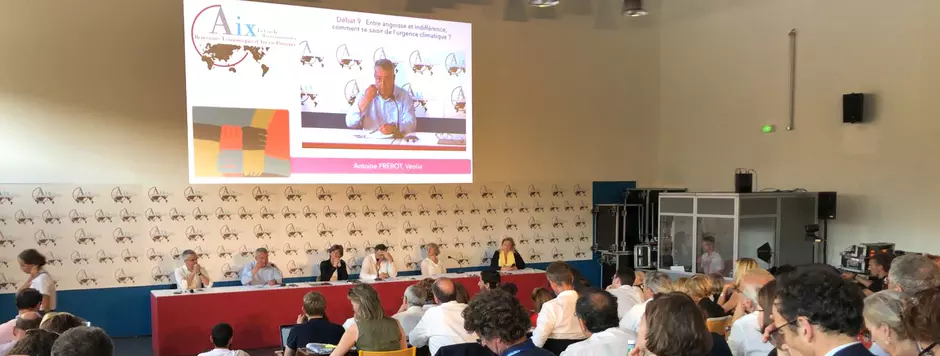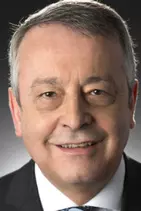The topic of the Aix-en-Provence economic forums 2019 is: “Restoring confidence”. According to the circle of economists organizing the discussions, this breakdown in confidence is caused by the emergence of risks associated with globalization, the digital revolution, global warming and the expansion of liberating values. Participating in the round table entitled: “Between anxiety and indifference, how can one tackle the climate emergency?”, Veolia’s CEO Antoine Frérot presented his short and medium term solutions.

The climate crisis has become a reality. Since the end of COP 21 in 2015, the proportion of the global energy mix represented by coal, oil and gas has stagnated at 80% and CO2 emissions bounced back in 2017 and 2018.

Short and medium terms solutions do exist
-Energy efficiency: in industry, for Arcelor at Fos-sur-Mer, Veolia has reduced energy consumption by 25% by reusing steelmaking gases to produce heat, steam and electricity. In buildings, two hospitals in Argentina have reduced their energy consumption by 20% and 25% respectively thanks to Veolia solutions, without investment.
-Using waste heat from non-recyclable waste or biomass, Veolia can recover renewable fuels which can directly replace fossil fuels.
-Plastics recycling: manufacturing a bottle from recycled plastic emits 70% less CO2 than using virgin plastic. In the long term, solutions are yet to be found for those who will continue to use coal, such as carbon capture and storage.
Institutional solutions can change behaviors
The CEO has mentioned regulatory restrictions and incentives. The first can speed up changes but they also have adverse effects.
Find out more:
> Press Day 2019 - Climate: what now?
> Climate: we must act now (Planet Digital Magazine, February 2019)

